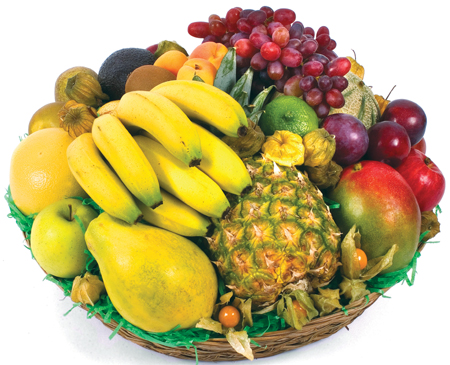Food and mental health
Ordinary life may constantly present to us many hardships, challenges, problems, and undesirable issues (as well as joys and positive experiences). The comforts of good food, a good home, and a good family life are the ordinary means of retirement from each day’s work and social experiences.
If you could invent or find a moodometer to measure your mood, you may find a depression in mood when hungry and tired and an elevation in mood after eating a meal that is good, nice, and delicious.
The human mind of a person in a civil society requires an ability to keep its balance or to keep balancing itself throughout a life of mental bombardments. Many factors make up a fit mind and the chief amongst these factors may be good nutrition of the brain, regular use of the brain in thinking, and regular use of the mind in prayer. Nutrition of the brain may be ultimate as the living brain is what makes thinking and prayer possible.However, a biologically alive brain does not always make a good mind without regular and effective exercise of thought and prayer.
Food that yields good nutrition is important. What a person eats or doesn’t eat can help him or her remain mentally balanced or can make him mentally unbalanced.“A hungry man is an angry man” says an English proverb. Can food and eating habits run us psychotic, depressive, or manic? Bloody uprisings and revolutions arise from hungry people exploding against real or perceived oppressors. Women know that one of the easiest ways to a man’s heart or wallet is his stomach. A man will think positively towards you if you feed him well.
The Mental Health Foundation (http://www.mentalhealth.org.uk/help-information/mental-health-a-z/d/diet/) indicates that someresearch show that: “Nearly two thirds of those who do not report daily mental health problems eat fresh fruit or fruit juice every day, compared with less than half of those who do report daily mental health problems. This pattern is similar for fresh vegetables and salad. Those who report some level of mental health problem also eat fewer healthy foods (fresh fruit and vegetables, organic foods and meals made from scratch) and more unhealthy foods (chips and crisps, chocolate, ready meals and takeaways).” Now all these foods are good to some extent but the proportion or frequency in which they are consumed is what matters for good brain function.








